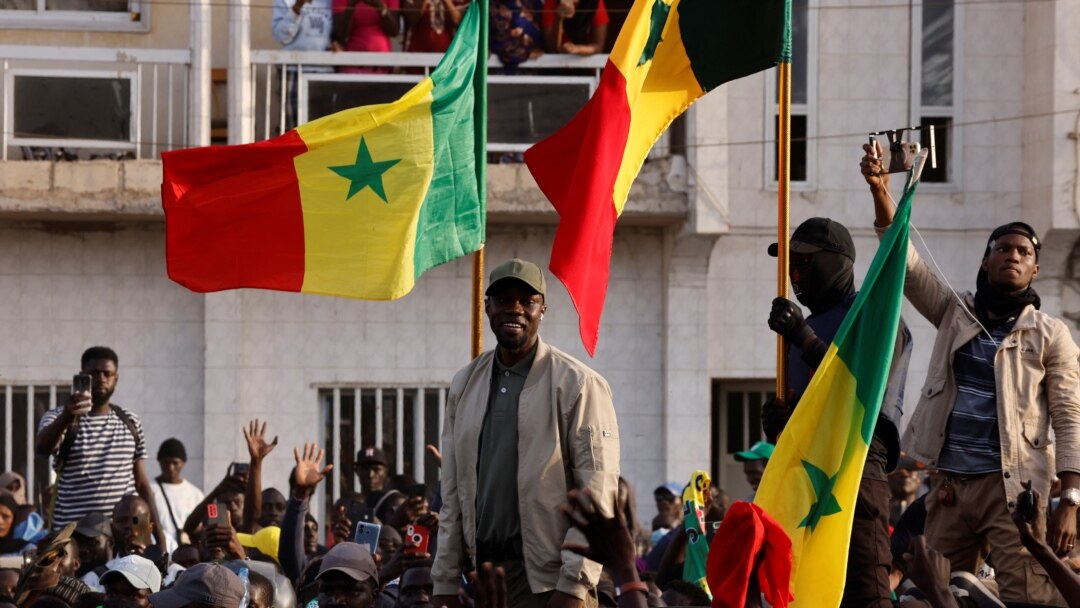
In Senegal, President Bassirou Diomaye Faye’s ambitious National Recovery Plan is facing mounting criticism from the opposition, which warns that the proposed financial framework could place unbearable pressure on citizens already grappling with inflation and economic stagnation.
The plan, which seeks to mobilize 5,600 billion CFA francs over the next two and a half years, aims to reverse a landscape marked by persistent fiscal deficits, growing debt, and strained cash flow.
However, the Senegal Bi Ñu Bokk movement, led by Barthélémy Dias, has sharply questioned the plan’s viability, particularly its claim that 90% of the funding will come from domestic resources.
“To announce such targets without clearly detailing how the money will be raised is a hollow commitment,” the opposition group stated, warning that the only likely outcomes would be higher taxes or deep cuts to social spending. Such measures, they argue, risk “suffocating” an already burdened population.
The group further criticised what they see as flawed budgetary priorities, pointing to the maintenance of a 10 billion CFA franc discretionary spending fund.
“We are asking the population to tighten their belts while the executive keeps its feather cushions,” one party member said, accusing the government of clinging to outdated privileges while preaching austerity.
Concerns have also been raised over the elimination of subsidies, a cornerstone of the recovery plan. Pape Malick Ndour, national coordinator of the ruling APR party’s executive committee, warned of price surges that could crush low-income households.
“The social consequences of this strategy risk canceling out its economic ambitions,” he said.
Criticism goes beyond economic content to question the political approach underpinning the plan. The opposition denounces a top-down process, with little consultation or collaboration with civil society, economic actors, or political parties.
“This plan lacks buy-in,” detractors argue. “Without engaging the public, it risks stalling before delivering any results.”
As implementation begins, the government now faces not only technical and financial hurdles, but also the challenge of convincing a skeptical nation.
The success of the Recovery Plan may ultimately depend on more than just numbers—it will require trust, transparency, and inclusion in a country weary of bearing the cost of reforms that promise much but deliver little.



